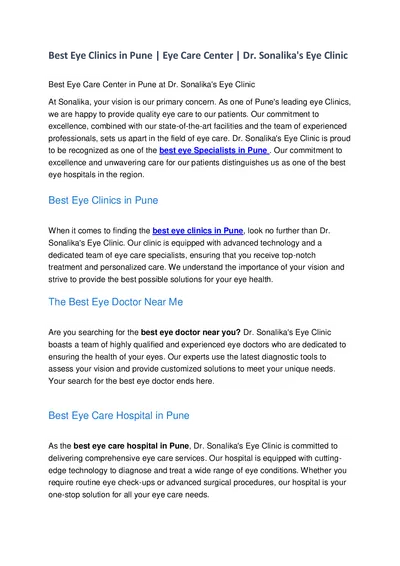PDF-Sta Resources Dying Death in an Acute Hospital Post Mortems EndofLife Care Resources
Author : celsa-spraggs | Published Date : 2014-12-19
There are two types of PM examinations The information below is from the Hospice Friendly Hospital Programmes Map for EndofLife Care A Hospital PM Carried out by
Presentation Embed Code
Download Presentation
Download Presentation The PPT/PDF document "Sta Resources Dying Death in an Acute H..." is the property of its rightful owner. Permission is granted to download and print the materials on this website for personal, non-commercial use only, and to display it on your personal computer provided you do not modify the materials and that you retain all copyright notices contained in the materials. By downloading content from our website, you accept the terms of this agreement.
Sta Resources Dying Death in an Acute Hospital Post Mortems EndofLife Care Resources: Transcript
Download Rules Of Document
"Sta Resources Dying Death in an Acute Hospital Post Mortems EndofLife Care Resources"The content belongs to its owner. You may download and print it for personal use, without modification, and keep all copyright notices. By downloading, you agree to these terms.
Related Documents














